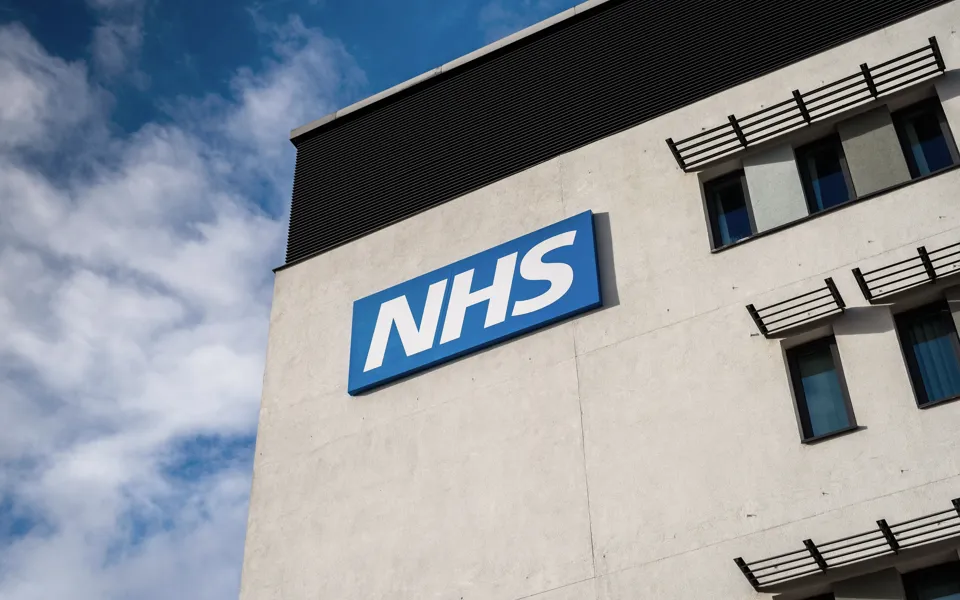
How can NHS Trusts meet the ambitious net zero targets set out by the NHS
13 Jul 2021
For the first time, NHS England have announced net zero targets for specific areas of the NHS. This has come just one week after edie, an industry-leading news outlet focusing on sustainability, energy and the environment, reported that half of NHS Trusts are set to miss their net zero targets. So, what does this mean for NHS Trusts and how can they ensure they are meeting the ‘ambitious yet feasible’ NHS net zero goals?
The NHS is aiming to be the world’s first net zero national health service. To achieve this, they have set two main targets – one addressing the NHS Carbon Footprint and the other for the NHS Carbon Footprint Plus:
-
For the emissions they control directly (NHS Carbon Footprint), they will reach net zero by 2040.
-
For the emissions they can influence (NHS Carbon Footprint Plus), they will reach net zero by 2045.
Significant progress has already been made on NHS estate to improve the likes of energy efficiency and building fabric, so what’s next on their agenda?
A Net Zero NHS – June 2021 Progress update
In the update published on 24th June, NHS England and the NHS Improvement Board provided an update on the work completed over the last nine months and outlined areas for future action across the Greener NHS National Programme.
The report details the NHS’ aims with regards to emissions from the supply chain, stating that their expectation is for all NHS Trusts to have a 100% renewable energy supply by 1st April 2021.
The update states that NHS Trusts and Integrated Care Systems (ICS) will be required to confirm a Board-level Net Zero Lead by 1st October 2021 and to develop refreshed Green Plans by 14th January 2022. These green plans need to set out the ambition and strategy for each NHS Trust and ICS to significantly reduce carbon emissions.
‘The net zero strategy was clear – “before the end of the decade, the NHS will no longer purchase from suppliers that do not meet or exceed our commitment to net zero”’ A Net Zero NHS – June 2021 Progress Update
Anaesthetic and medical gases have also been announced as specific areas for future action as they “are among the single most carbon intensive medicines available, with desflurane among the most intensive”. As a result, NHS England and the NHS Improvement Board are aiming to reduce “desflurane as a percentage of all volatile gas use by volume, from 20% in 2020/21 to 10% in 2021/22”. This commitment to specific, quantifiable targets is a clear indication that they recognise the threat posed by climate change and are dedicated to delivering on the goals of the NHS Long Term Plan.
As part of the NHS Carbon Footprint plus target, the NHS needs to tackle the broader emissions from its supply chain. Procurement decisions made by NHS England and the NHS Improvement Board will now include a weighting for net zero and social value, and they have made clear that supplier carbon transparency will be key in the NHS’ net zero journey. As evidence of their wholehearted commitment to this mission, 500 of the NHS’ largest suppliers have already been invited by NHS England and the NHS Improvement Board to disclose their carbon emissions by the end of the summer.
So, are NHS Trusts on-track to meet these net zero goals?
In edie’s recent article, it was reported that half of NHS Trusts are behind schedule on their decarbonisation targets. This finding was based on data requested relating to NHS Trusts’ reductions in emissions so far and planned investment in decarbonisation over the next 5 years.
The article recognises that some positive action has certainly been taken. The vast majority of Trusts have installed electric vehicle charging infrastructure on site or are planning to install it within 5 years, and most Trusts are installing technologies to improve energy efficiency. But with 53% of Trusts reportedly off-track and just 5% ahead of schedule, what can NHS Trusts do to ensure they can meet the NHS goal of net zero by 2040 and for its wider supply chain to become net zero by 2045?
Ricardo can help
Over the last 30 years, we’ve helped thousands of organisations across the world save millions of tonnes of carbon. This includes NHS Scotland, the Ministry of Defence, Water UK, the Scotch Whisky Association and more.
We can help:
- Develop a net zero strategy that meets your specific needs and ambitions for decarbonisation.
- Identify projects needed to achieve your ambitions.
- Provide expertise to enable you to implement those projects successfully.
By planning effectively, we can help ensure your net zero strategy boosts your success with real and quantifiable energy and carbon savings, improved supply chain security, enhanced employee and patient engagement and improved value propositions.
To find out more about how we can support you reach net zero carbon emissions in a cost- and time-effective manner, contact us using the enquiry form on this page. Alternatively, for more information on our net zero services, visit our net zero web page now.




 Follow Ricardo plc for regular updates
Follow Ricardo plc for regular updates





